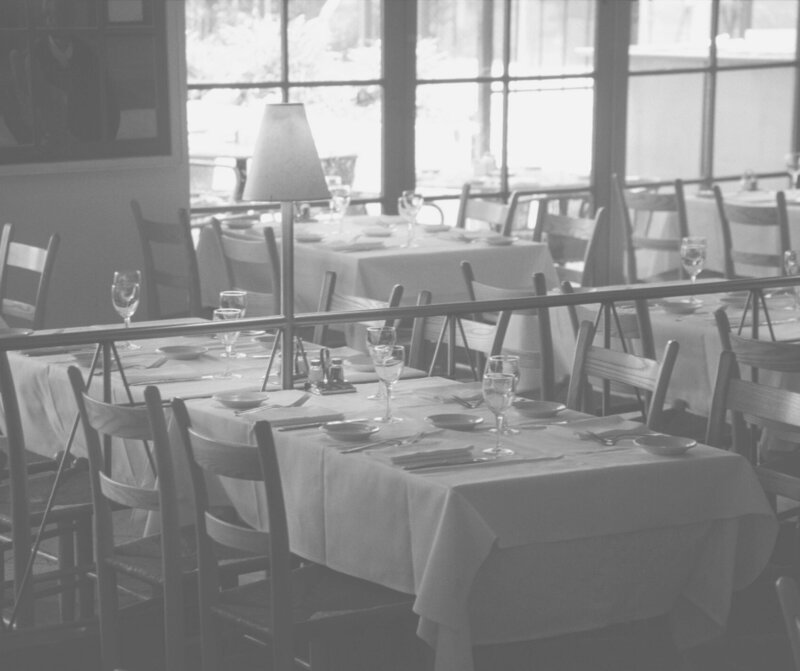Justin Winslow
Published 10:49 p.m. ET June 16, 2020
Beware the Ides of March, warned Shakespeare.
On March 16, 2020, the eve of St. Patrick’s Day, a once-thriving Michigan hospitality industry nearly ground to a halt. Restaurants and bars were forced by executive order to close their doors and travel was severely restricted, leaving most hotels with little to no occupancy.
Revenue dried up — nearly $8 billion lost overall — as did employment for the broader hospitality industry, which ordinarily accounts for nearly 10% of Michigan’s GDP and more than one in eight of its workers. More than one-third of a million people in the hospitality industry have been furloughed or laid off since March 16. We have already lost nearly 1,000 restaurants for good, and more than six out of 10 hotel rooms remain empty.
A way back
As Michigan’s economy slowly awakens from an induced coma, recovery for the hospitality industry is likely to be protracted. Strict social distancing regulations limit revenue opportunities and imperil profitability for restaurants. New regulations to ensure the safety of guests and employees alike, while necessary, are cumbersome and another reason why the owners of three out of every four restaurants do not believe they will be profitable over the next six months.
Companies and groups of all sizes continue to cancel meetings or conventions planned for the remainder of the year, which means the viability of both restaurants and lodging will continue to be threatened.

The empty bar and restaurant of the closed Detroit Foundation Hotel in downtown Detroit, Michigan on March 30, 2020. (Photo: Daniel Mears, The Detroit News)



